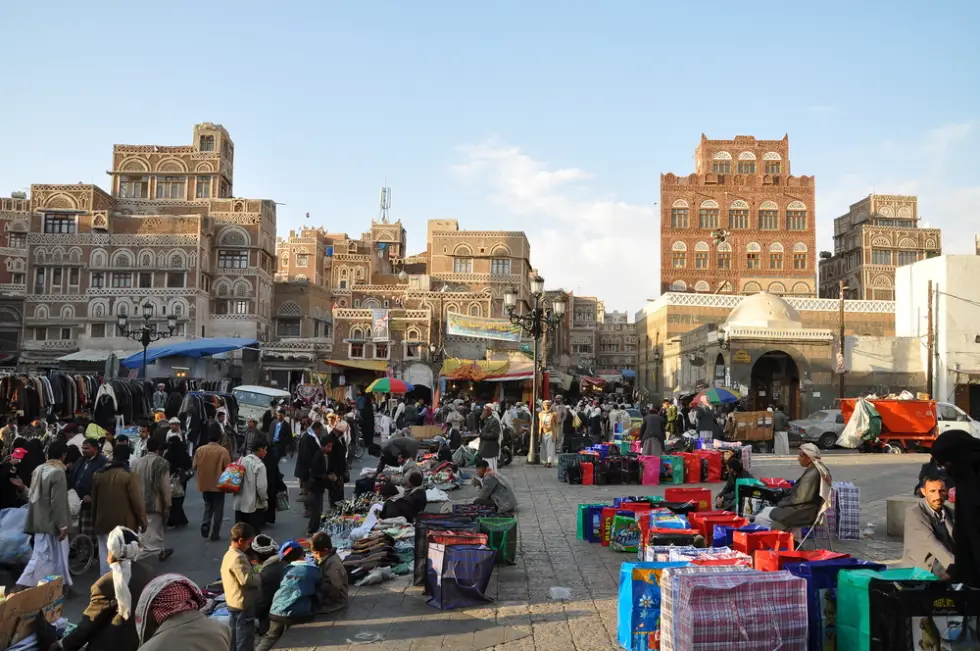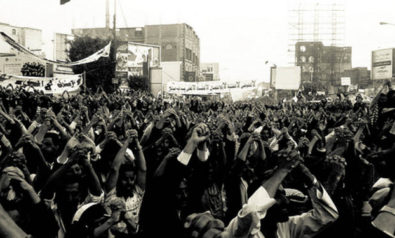An overview of one of the Middle East’s least discussed nations’ place in the ‘Arab Spring’.
“We encourage all parties to move swiftly to implement the terms of the agreement so that the Yemeni people can soon realize the security, unity and prosperity that they have so courageously sought and so richly deserve,” White House spokesman Jay Carney said in late April, referring to a transfer of power agreement that would have spelled the end of Ali Adbullah Saleh’s reign in Yemen.
Now as summer draws to a close, that transition has yet to occur, and Yemen’s stifled revolution remains in limbo.
While violence rages throughout Syria, while Egyptians express their malcontent with the pace of reform, and the Libyan rebels appear on the verge of ousting Gaddafi once and for all, Yemen’s upheaval has yet to capture the full attention of the United States and much of the world. A quick look at various news websites will reveal entire sections devoted to the various Arab states currently wrapped in turmoil, but beyond mentions of the controversial Yemeni-American jihadist, Anwar al-Awlaki, Yemen rarely tiptoes across headlines. This raises the question of why coverage of Yemen is not commensurate with coverage given to the other chaotic Arab states.
To be certain, events in Libya and Syria seem more news-ready, digestible, and directly relevant to American interests. Yemen, a country of approximately 24 million, lacks the massive oil reserves of Tripoli (ranking 37th in world oil output), the cozy relationship with Iran that Damascus champions, and the tenuous truce that Cairo upholds with Israel. Tunisia garnered significant attention because its citizens served as the trend setters for the Arab Spring, while the unadulterated violence leveled against Bahraini protestors briefly captured our attention because it revealed the vulnerability of even the most economically advanced Arab nations.
Not since Yemeni dictator Ali Abdullah Saleh was seriously injured in a June attack has Sana’a attracted the gaze of the world. Just two weeks ago, Saleh vowed to return to Yemen, confirming fears that he will continue to defy popular demand for the end of his 33-year reign. Having reneged on the transfer of power agreement brokered by the Gulf states several times, Saleh insists he will cede power only through elections.
While Yemen’s short-term political future remains dubious, the Arab state may yet receive global attention. The country is dominated by ancient tribal alliances, and it is reasonable to speculate that if instability trundles on unabated, Yemen risks a Somalia-like anarchy in the future.
Yemen’s list of obstacles seem painfully familiar: rampant unemployment (35%), an uncomfortably high level of al-Qaeda presence, persistent domestic rebellion (the Houthis), problematic drug use (of the stimulant known as qat), domestic tension between the north and south (separate states until 1990), a dearth of arable land, human trafficking, and embarrassingly prevalent, institutionalized corruption. While most of those issues are not likely to be dangled by Western media outlets for our consumption, the presence of al-Qaeda is certain to be the item that will garner tremendous attention.
Speculation regarding Yemen’s potential failed statehood is nothing new, nor is imagining her deserts as a convenient playground for al-Qaeda and the next generation of extremists. And while Yemen’s myriad hurdles may seem insurmountable for such a volatile country, there is reason to be optimistic. Despite an incredibly limited industrial capacity and high unemployment, Yemen’s economic growth is encouraging. And while the oil and gas reserves likely have a short lifespan, once stable, Yemen has legitimate tourism potential in the form of magnificent coastlines, gorgeous mountains, and incredible architecture, all of which remain relatively unscathed by Western influence and yet to be frequented by tourists.
Now that Qaddafi has apparently been ousted, it seems likely the world’s spotlight will shine brightly on Syria until Assad meets a similar fate. Perhaps only then will the focus shift to Yemen and help revive her nascent revolution.
Support Fair Observer
We rely on your support for our independence, diversity and quality.
For more than 10 years, Fair Observer has been free, fair and independent. No billionaire owns us, no advertisers control us. We are a reader-supported nonprofit. Unlike many other publications, we keep our content free for readers regardless of where they live or whether they can afford to pay. We have no paywalls and no ads.
In the post-truth era of fake news, echo chambers and filter bubbles, we publish a plurality of perspectives from around the world. Anyone can publish with us, but everyone goes through a rigorous editorial process. So, you get fact-checked, well-reasoned content instead of noise.
We publish 2,500+ voices from 90+ countries. We also conduct education and training programs
on subjects ranging from digital media and journalism to writing and critical thinking. This
doesn’t come cheap. Servers, editors, trainers and web developers cost
money.
Please consider supporting us on a regular basis as a recurring donor or a
sustaining member.
Will you support FO’s journalism?
We rely on your support for our independence, diversity and quality.











Comment